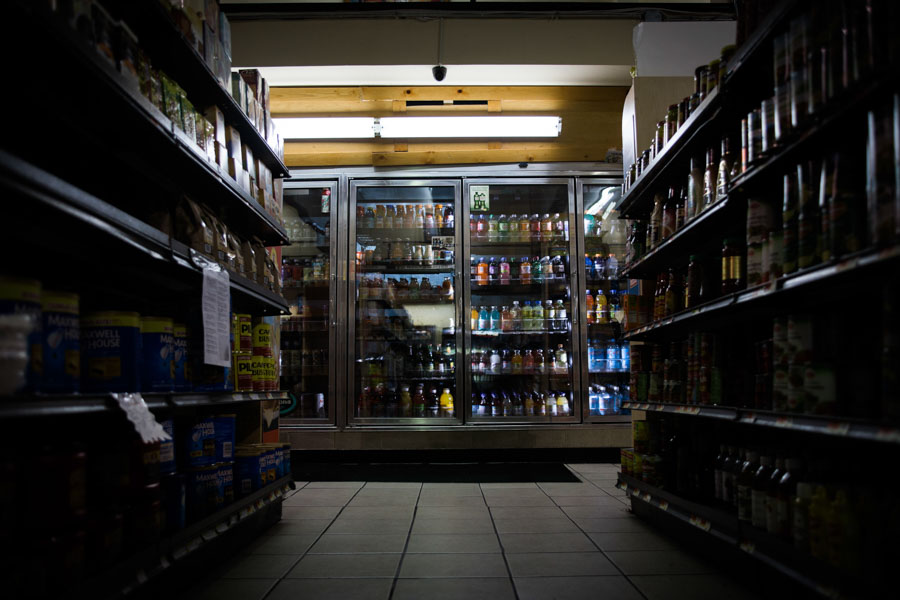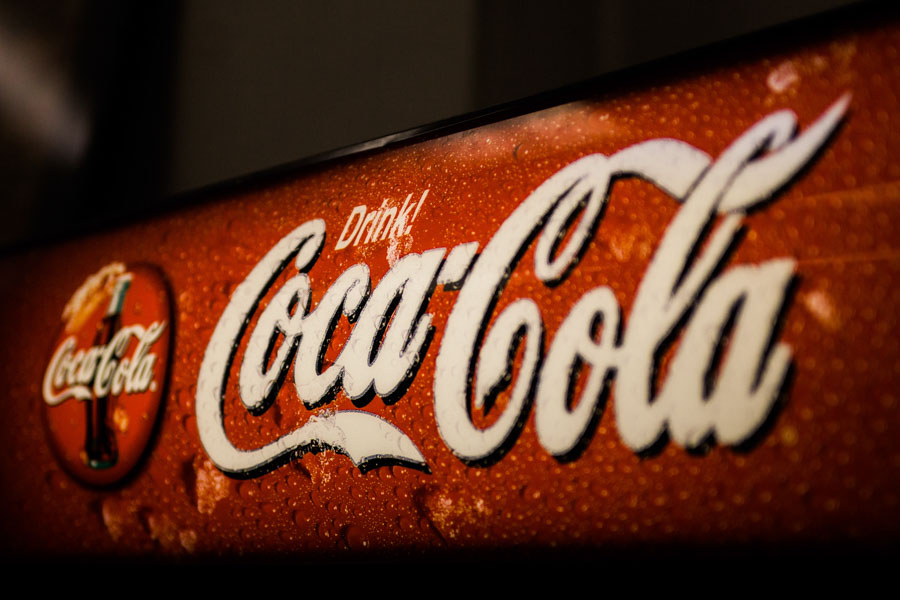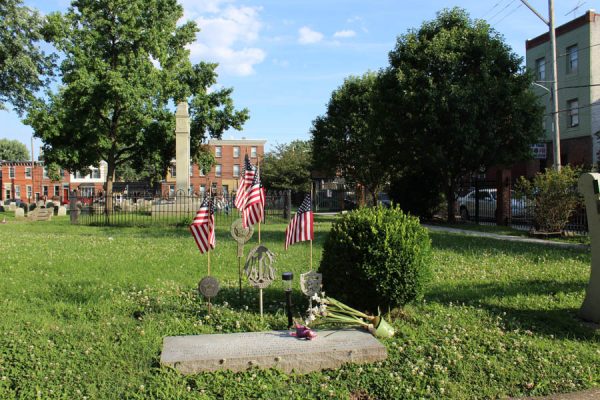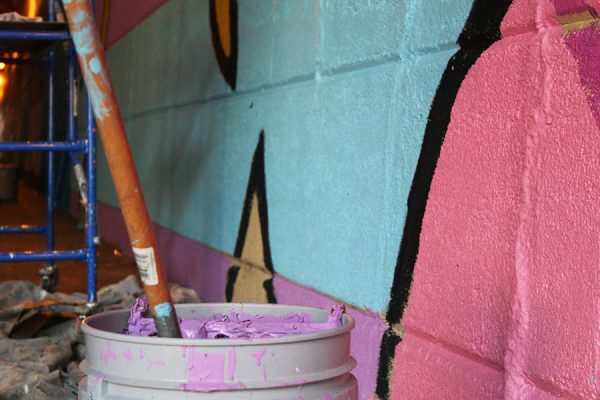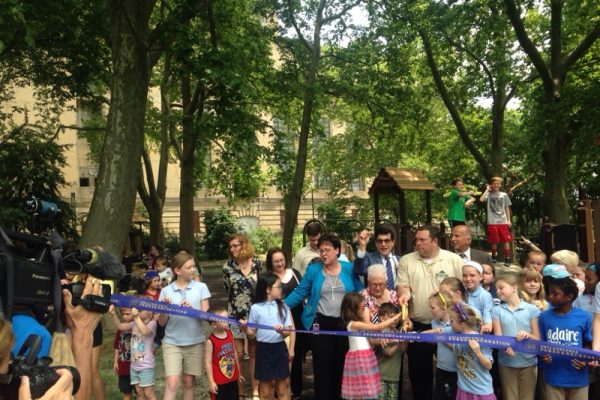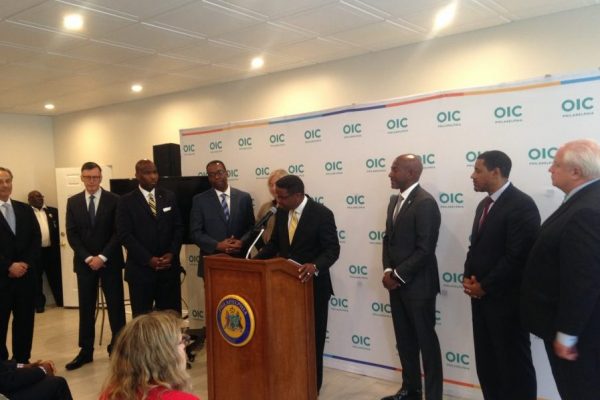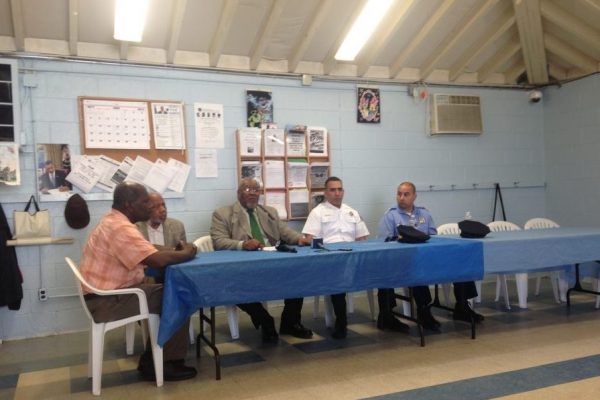To Tax or Not to Tax: Locals Weigh in on Kenney and City Council’s Decision to Become Largest City With Sugary Drink Tax
“Over here, tonic water? Taxed. Ocean Spray? Taxed. All these here, any sparkling water with sugar in it? Taxed.”
Don Petzak, general manager of the Thriftway supermarket on Aramingo Ave., is leading me through the aisles, pointing out all the items that will be affected by the new sugary beverage tax for the 2017 Philadelphia city budget. I have to admit, the visual aid is working on me. We’ve been down three aisles so far and haven’t even reached the shelves where more traditional sodas like Coke and Pepsi are sold. Petzak grimaces when I call the plan a “soda” tax. In his eyes, it covers much more of his inventory than what the word “soda” calls to mind. Petzak prefers the term, “grocery tax,” the name used by the American Beverage Association’s (ABA) in their multi-million dollar campaign against the proposal.
But Petzak isn’t a lobbyist, nor does he need to be lobbied. He’s just part of an independent grocery store that has served the Riverwards for almost 27 years. He maintains that his primary concern is for the community his store is based in. “It’s like when the cigarette tax happened a few years back, we immediately stopped selling cigarettes,” he said. “Listen, I can throw a baseball and hit [Interstate] 95 from here. Ten minutes in either direction and you’re out of the city. I’m not going to tell my customers they have to pay an extra two dollars on something when they can get it for the old price ten minutes away.”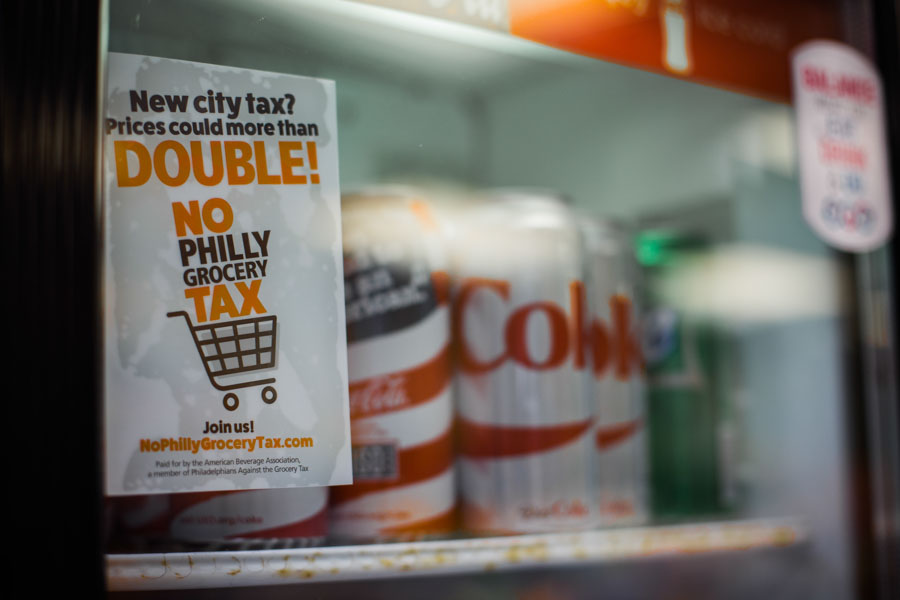
Petzak posits that the main problem with Philadelphia’s “vice taxes” is that they deny businesses within the city the ability to compete with the rest of the state. The fact that these taxes are only collected within the city limits is a major concern for him. Ross Feinberg, a Republican candidate for State Senate in Philadelphia’s 5th District agrees with this view. Feinberg, who has called the tax “one more nail in the coffin for businesses here,” wants to draft legislation at a state level to prevent municipalities from creating “vice” or “excise” taxes without the consent of Harrisburg. He believes such taxes prey on the working class and on small business owners. “This hurts everyone,” he said, referring to his potential constituency.
The characterization of this tax proposal as predatory towards the working class has been a common argument among those who oppose it. Erica Motter, an employee at Liberty Choice, the popular food market at Front and Berks Streets, feels like her customers are “targeted” by the tax. Her argument is almost an inverse of Petzak’s, but also addresses the issue of the tax being confined to the city limits.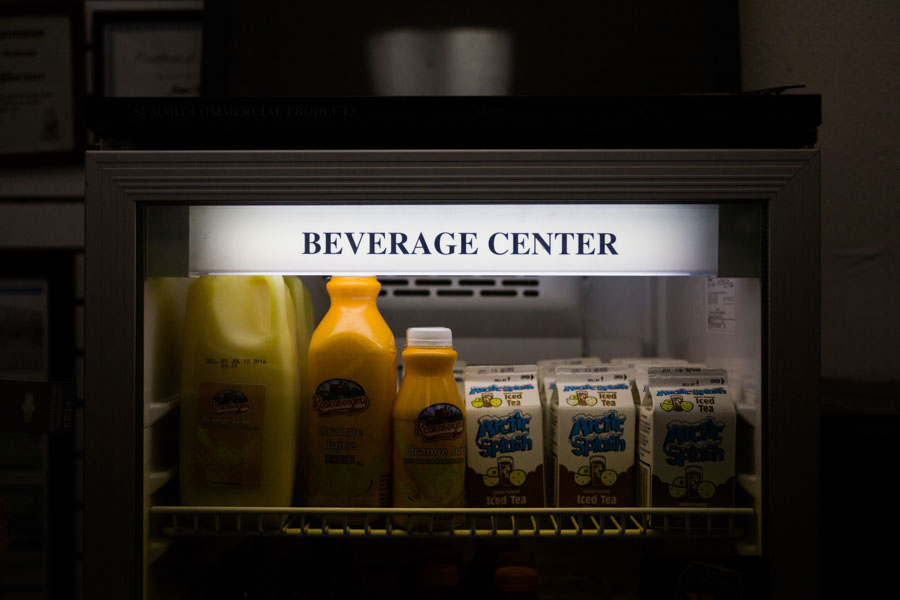
“A lot of our regular customers don’t have cars,” she said. “They can’t take weekly grocery trips out [of] the city the way the people proposing this tax can.” She resents that the tax asks for money from people who don’t have any to spare. “It’s backwards logic,” she said.
Todd Calistro, Director of the McVeigh Rec Center in Kensington, has a different opinion. He believes residents near the center support the soda tax, which would increase its funding. “They’re pro-McVeigh so they’re pro-soda tax,” he said. The center is currently trying to fund a new computer lab.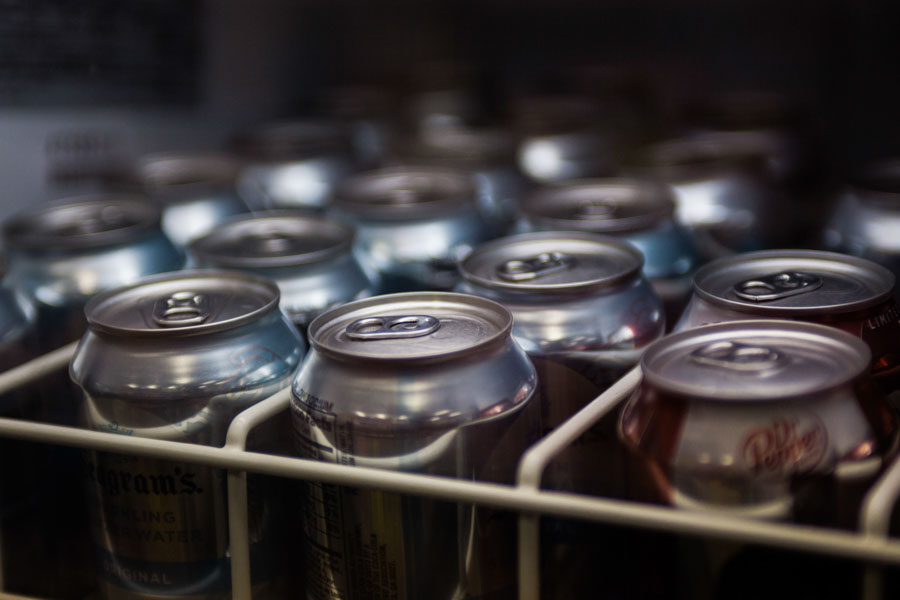
“Our recreation centers are more than just athletics,” said George Matysik, executive director of the Philadelphia Parks Alliance. “If you want to invest in communities, here is where you should do it. Level the playing the field by investing in the playing field.” This is what complicates the debate over the tax; while it would potentially draw most of its revenue from the working poor, they are also the people theorectically who stand to gain the most from it. And so it begs the question, is this the right way to help these communities?
Over the past few months, City Council struggled to find a less controversial alternative to the tax, but one which would also generate the amount of revenue needed to fund more of these initiatives. City Council President Darrell L. Clarke suggested a tax of 1 cent per ounce to Mayor Jim Kenney’s original 3 cents per ounce. Councilwoman Blondell Reynolds Brown offered up the idea of a container tax, similar to the one in effect in Baltimore.
Both plans came under fire from supporters of the original tax such as the nonprofit organization, Public Citizens for Children and Youth (PCCY) and the mayor’s office itself. Advocates of the original plan said these alternatives would fail to generate enough revenue to allow the proposal keep its promise of community Pre-Kindergarten education. “It would appear that some members of council are settling for less when we need to do more,” Donna Cooper, Executive Director of PCCY, said in a press release.
On June 20th, the sugary beverage tax was signed into law at a rate of 1.5 cents per ounce. The tax will be extended to include diet drinks (beverages sweetened with sucralose, aspartame, or other artificial sweeteners).
The tax is expected to bring in nearly $410 million over five years, but it was announced that some of that money will also go towards the city’s general fund — a stipulation to the law that took many in the city by surprise. Many residents and politicians feel duped by the Kenney adminsitartion for allocating $24 million through 2020 to bolster the fund balance, which has dropped from $150 million last year to $70 million this year.
In Riverward businesses, the mood is one of resignation. “It seems like they’re just going to go through with it,” said Petzak.
“It’s done, right?” said Eddie Cruz, who, just ten days ago, opened a store called Norris Grocery on Almond and Norris Streets. He tells me that the previous store owners sold almost exclusively cat food and soda. “It’s over,” he said.
We asked a few local businesses what they thought of the new sugary beverage tax. Here’s what we heard:
Mark Reiber, Owner of Fishtown Market:
“My opinion is that it’s gonna be bad for my business… If I have to look on the bright side, the bright side is that they didn’t make it three cents an ounce. But one and a half cents an ounce is still gonna be a kick for us small businesses. That’s for sure.”
Mikayla Lafferty, Cashier at Primo Hoagies:
“People have already been complaining about it here. It’s clear that business is going to slow down because of it.”
Hersh Misnik, Owner of Misnik’s Deli:
“I don’t like it. It’s going to make business decline. I guess now people can go over to New Jersey and buy their soda over there to save some bucks.”
Carmen Miranda, Cashier at Liberty Choice:
“How much more money do they need? The teachers are still not getting paid. It’s going to get so expensive to live here that everyone is going to start leaving.”
